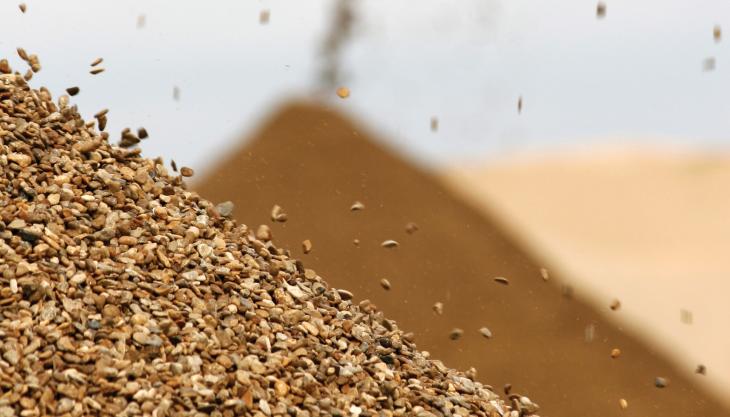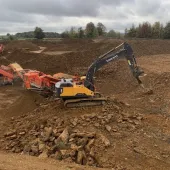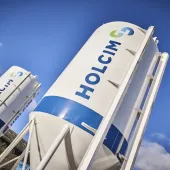New state of the industry report from BDS

BDS publish review and analysis of last seven years of aggregates replenishment in Great Britain
THE recently published ‘Aggregate Replenishment Industry in Great Britain – Annual state of the industry 2020’ report helps operating companies, industry observers and investors gain a clearer picture of recent aggregate replenishment activity within Great Britain, with a particular focus on the latest annual movements (2020).
The third edition of the highly valued report, published by BDS Marketing Research, provides a seven-year review and analysis on the state of replenishment rates in the aggregates industry in Great Britain (2014 – 2020).
The report provides BDS estimates of annual aggregate outputs, consented reserves tonnage information and BDS-calculated replenishment ratios for sand and gravel and crushed rock in Great Britain and outlines key data to support the operational and strategic activity of the industry. Additionally, the report identifies areas of opportunities for new activity and provides thought and consideration for the future of aggregate replenishment.
The latest report recognizes annual fluctuations in aggregate outputs since 2014, however 2020 was the lowest year for both sand and gravel and crushed rock due largely to the impact of COVID-19. Outputs showed signs of growth up to 2016, rising to 180 million tonnes before dropping back and levelling out over the next few years to a little over 170 million. Most recently, in 2020, this dropped further to a little over 150 million tonnes.
The consented tonnage of aggregates differs significantly across producing companies and years. Since 2014, BDS have identified the leading companies by tonnage consented for sand and gravel as Tarmac and CEMEX, whilst for crushed rock the leading companies are Hillhouse Quarry Group and Tarmac.
A new section within the current annual report is market locality and geographical accessibility. Whilst BDS acknowledge access to available and recently consented aggregates is vital for construction projects due to the locality of aggregates across Great Britain, transportation plays an important, but costly, part of the construction chain.
Findings within the report suggest there is a continual annual mismatch between where land-won primary aggregates are currently produced and where new reserves to replenish them are being consented. Consequently, there is an ongoing need to move aggregates around the country to fulfil construction needs.
The report concludes by reviewing the current position of the market and economy and includes the impact of the coronavirus pandemic on aggregate replenishment. To find out more about the ‘Aggregates Replenishment Industry in Great Britain – Annual state of the industry 2020’ report, or to purchase a copy, email: contact@bdsmarketing.co.uk









